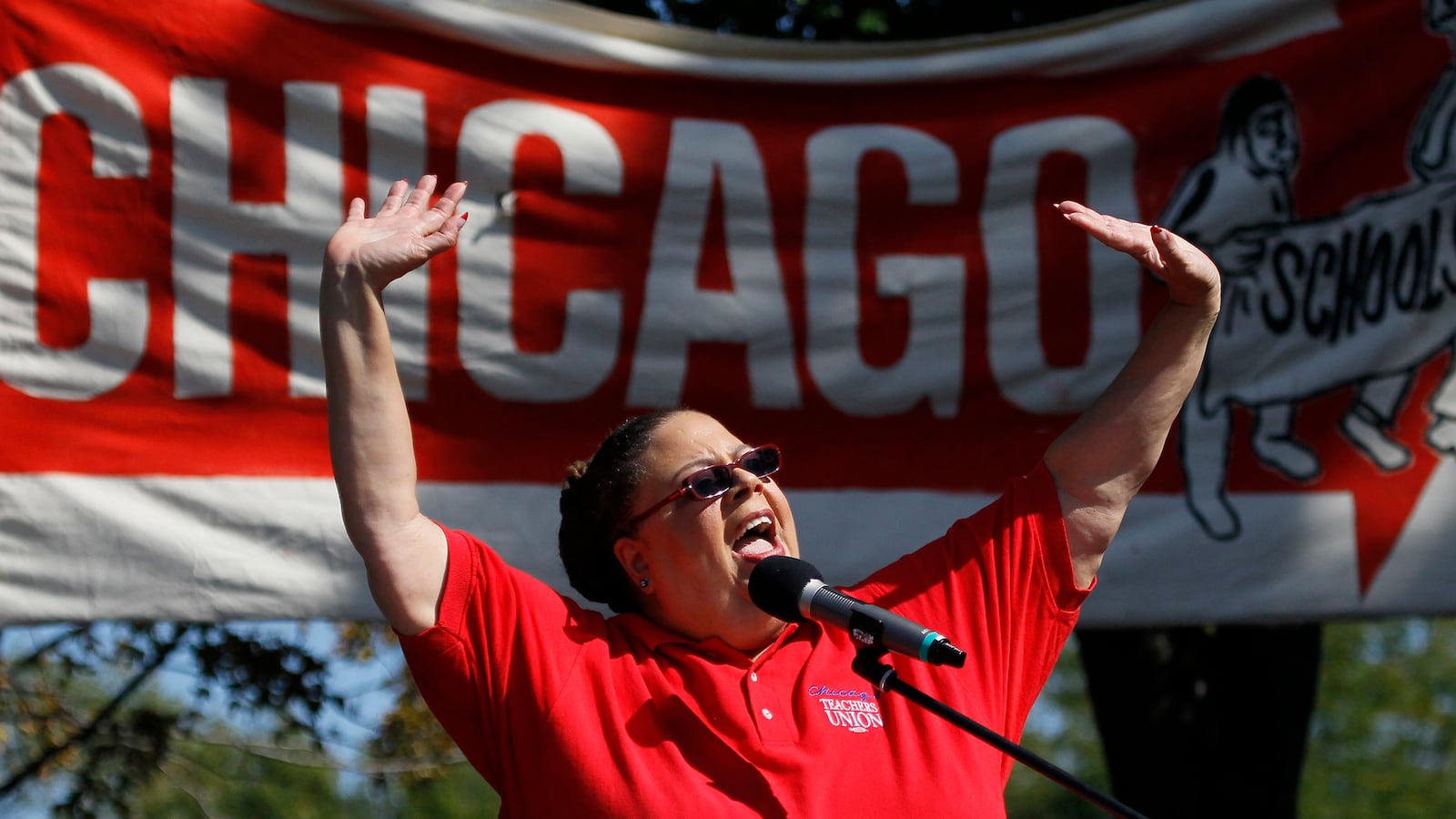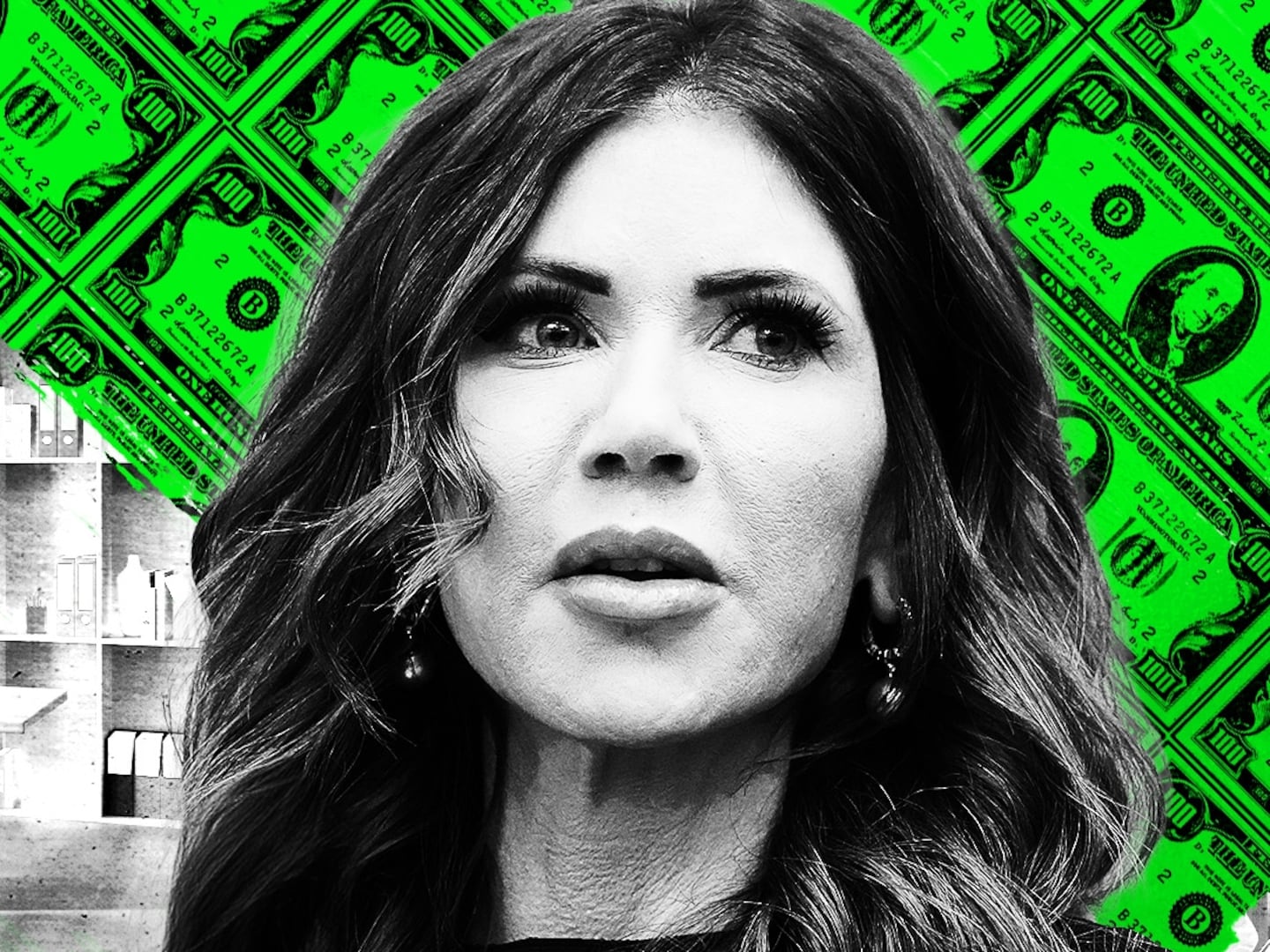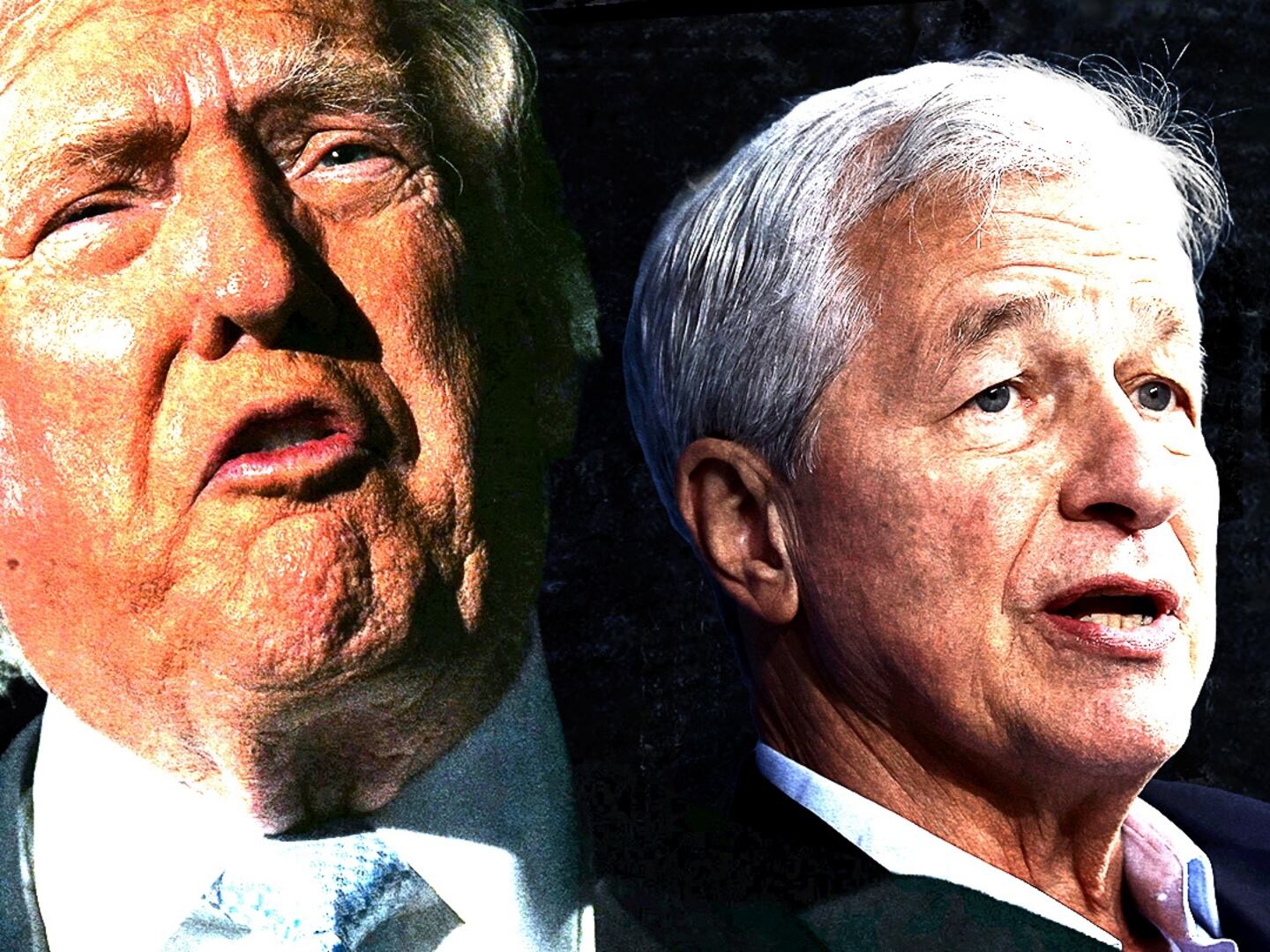For the past week, political junkies throughout my home city of Chicago have been rubbing our hands in giddy anticipation. The mother of all political battles, it seems, is on.
Karen Lewis, the fiery president of the Chicago Teachers Union (CTU), announced she was “seriously thinking” of running against Rahm Emanuel for mayor. With the city plagued by gun violence and cutbacks in vital services, Emanuel’s popularity has been in freefall. In a recent poll, only 29 percent of voters said they would support him for re-election. Nevertheless, until Lewis’ announcement, no major challengers to Emanuel had emerged. The potential candidate who would pose the most serious threat to Emanuel, Cook County Board President Toni Preckwinkle, has said she’s not running.
Lewis’ candidacy is still officially in the “exploratory” phase. But her entry into the race would be politically compelling for many reasons. Purely on the level of political theater, a Rahm-vs.-Lewis throwdown would amp up the political drama to 11. Not to put too fine a point on it, these two people despise one another. During a 2011 meeting, Emanuel pointed his finger at her and yelled, “Fuck you, Lewis!” After that, the two didn’t speak for two years. Lewis, for her part, has called Emanuel “a liar and a bully” and “the murder mayor.”
But more important than the pass-the-popcorn appeal is what a Lewis vs. Rahm race would offer voters: an actual choice. In Chicago politics, truly contested elections for mayor are rare, and the contrast between what Emanuel and Lewis have to offer couldn’t be more stark. Emanuel represents the failed neoliberal policies of the past while Karen Lewis is an Elizabeth Warren-style economic populist who favors confronting moneyed elites, not cozying up to them.
A comparison of the Emanuel/Lewis contest with the 2016 presidential race is particularly instructive. A coronation of Hillary Clinton as the Democratic Party’s candidate seems all but inevitable, even though her hawkishness and corporate-friendly economic record put her at odds with the base. But locally, cities from New York to Seattle are enacting progressive policies like universal pre-K, paid sick leave, and a $15 minimum wage. With a different kind of mayor, Chicago could join their ranks. Emanuel supports raising the city’s $8.25 minimum wage, but he hasn’t said how high the increase should go (he’s appointed a “working group” to investigate the question).
Lewis would undoubtedly face a huge uphill battle. She’d be pitted against a sitting mayor who has a massive fundraising apparatus and the strong support of the city’s power elite, not to mention the backing of the White House. Emanuel, despite his unpopularity, is still the odds-on favorite for re-election. His aces in the hole are his still-solid numbers among white voters and the fact that few of the city’s major political players have shown an interest in challenging him. Given the daunting problems the city is grappling with—massive debt and a severe pension crisis—can you blame them?
Lewis, who is African-American, would have powerful appeal to black voters, who overwhelmingly disapprove of Emanuel (only 8 percent of them would support him against a challenger) but whether she could attract white and Latino voters is uncertain. She’s also a newcomer to electoral politics, and has been taken to task for her outspoken, shoot-from-the-hip style, so the simple but vital question of how good she would be on the stump remains unanswered.
Along with her weaknesses, Karen Lewis would bring strengths. She’s extremely smart (she was the first female African-American graduate of Dartmouth), and she’d have a solid base among African-American voters and the CTU. She also has the potential to raise money nationally from the netroots and others on the left who loathe Emanuel. She’d attract the sort of die-hard supporters who would stand on street corners passing out fliers in the dead of the Chicago winter (the election is in February). It’s hard to think of other plausible candidates who could inspire that level of passion.
Lewis also boasts a substantial record of achievement. In 2011, education “reformers” led by the hedge fund-backed group Stand for Children successfully enacted a new state law requiring 75 percent approval for a strike. They figured they’d cut the CTU off at the knees. At the Aspen Ideas Festival, SFC’s CEO boasted: “The unions cannot strike in Chicago.” One year later, the CTU went on strike—an action that was authorized by 90 percent of union members. Even more impressive is the fact that the union won the strike.
Governing as an elected official is, of course, different from leading a big labor organization like the CTU. It demands weighing the interests of all voters rather than advocating for the interests of just one group. Perhaps Lewis’s most serious obstacle, in the eyes of voters, might be the perception that she would put her union’s interests ahead of the city’s. But the bottom-up, community-centered union model that the CTU exemplifies refutes those claims. Under Lewis’s leadership, the CTU built strong ties to parents’ and community groups. Its goals in the strike were not simply more pay for teachers but more resources for the schools. The CTU has leveraged its power not merely to advance its own narrow self-interest, but to push for broader public goals, most notably an end to austerity politics. Lewis is well-positioned to make the case that even as a union leader, she’s been fighting for the best interests of the city all along.
There’s no question that if she runs, Lewis would be the underdog in this contest. But politics can be wildly unpredictable. At the outset of Harold Washington’s Chicago mayoral campaign in 1982, no one thought he had a prayer, either. Besides, politics is about more than just winning elections. By jumping into the race, Lewis could force Emanuel to govern to the left to fend off her attacks. Even one of Lewis’ toughest critics, Chicago Tribune columnist Eric Zorn, believes a Lewis mayoral candidacy would be good for the city. A few months ago, he wrote a column entitled “Run, Karen, Run.” Word.






